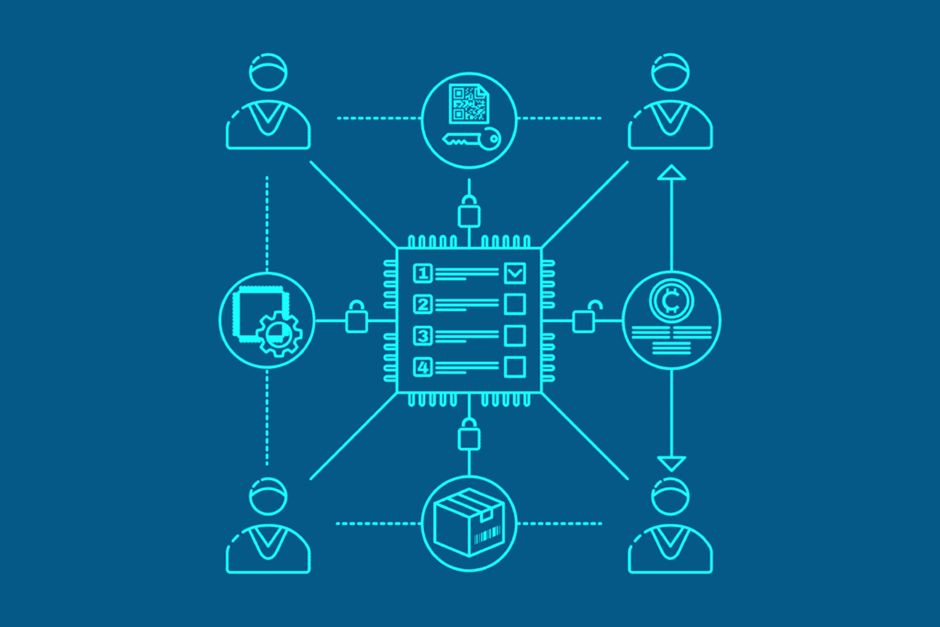
Devising Legal Protections for App-Based Workers
Need for safeguards related to occupational safety, health and wage protection for this class of workers.
Problem
The COVID-19 pandemic has highlighted the significance of app-based workers in maintaining stability and supply of essential goods and services in the wake of lockdowns in urban centres. However, the law does not appear to protect them as such. Employers of app-based workers claim immunity from labour law obligations because these platforms are legally structured as aggregators and intermediaries. Their contract-based relationship with app-based workers does not fit within traditional definitions of employment, and the disaggregated nature of app-based work makes collective bargaining with platforms difficult. As a result, traditional labour law in India, which exists as a dispersed set of statutes, has not been applied to most platforms. The new Labour Codes proposed in 2019, which are intended to simplify labour law in India, have also left out safeguards related to occupational safety, health and wage protection for this class of workers. Where they have been acknowledged, the protections are vague and do not offer any immediate solutions or tangible protections.
Solution
A distinct blueprint of legal measures to effectively improve the conditions of app-based workers is urgently required. It is imperative that interventions cater to the distinct nature of app-based work, including ensuring autonomy for workers through increased transparency regarding fees earned and ability to choose work. At the same time, it should clarify minimum obligations of platforms towards enhancing worker welfare, especially concerning health, safety and skill development.
The draft Labour Code on Social Security, 2019 is the first to recognise labour protections for ‘gig workers’ and ‘platform workers’. It provides the Central Government with the discretion to create a social security fund specifically for gig and platform workers, and devise social security schemes specifically tailored to such workers, such as those covering insurance, health and maternity benefits. In this regard, it is necessary that the discretionary power to devise these schemes is converted to a mandatory obligation. Further, these schemes ought to prescribe the extent of specific benefits such as pensions, provident funds, employees’ state insurance and health and maternity benefits that apply to them. While the Draft Code is currently under consideration in the Lok Sabha, it should be amended to provide concrete protections and clarify these requirements. Additionally, these schemes must ensure adequate health insurance covers considering the heightened exposure to COVID-19 for last-mile workers, and the responsibility of the platforms in providing these.
The other Codes covering occupational safety standards, minimum wage regulation and protecting workers’ right to collective bargaining must similarly provide protections to app-based workers through protections tailored to the unique nature of their work.
The draft Industrial Relations Code should be revised to include protections for interest groups and other workers collectives for app-based workers. The newly enacted Code on Wages, 2019 should be amended to provide principles for platforms to set internal standards for minimum fees per task, and mandate disclosure of fee payment structures and incentive programs for app-based workers. Finally, platforms should be placed under actionable legal duties to comply with safety and health standards such as provision of safety and hygiene kits through suitable amendments under the draft Occupational Safety, Health and Working Conditions Code, 2019.
Implementation
- The legal protections to app-based workers under the proposed Code on Social Security 2019 should be effectuated by prescribing specific protections that will be applicable to platform workers and enacting schemes under this code as soon as possible.
- The proposed Labour Codes on Industrial Relations, and Occupational Safety, Health and Working Conditions and the newly enacted Code on Wages 2019 should be amended to suitably recognise app-based workers and provide appropriate legal protections for them.




